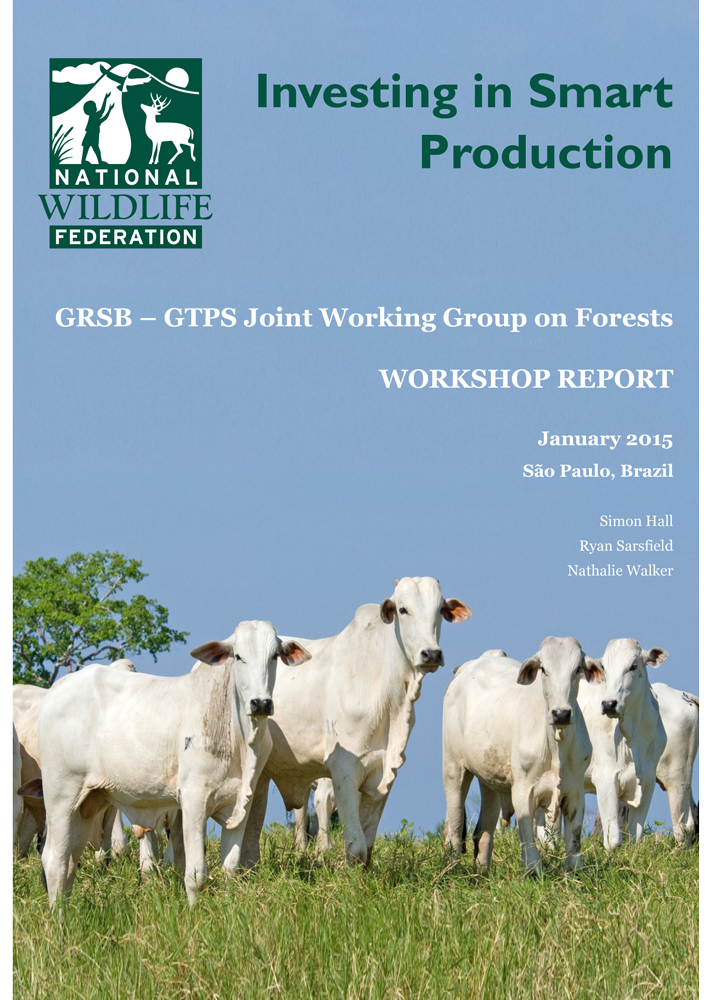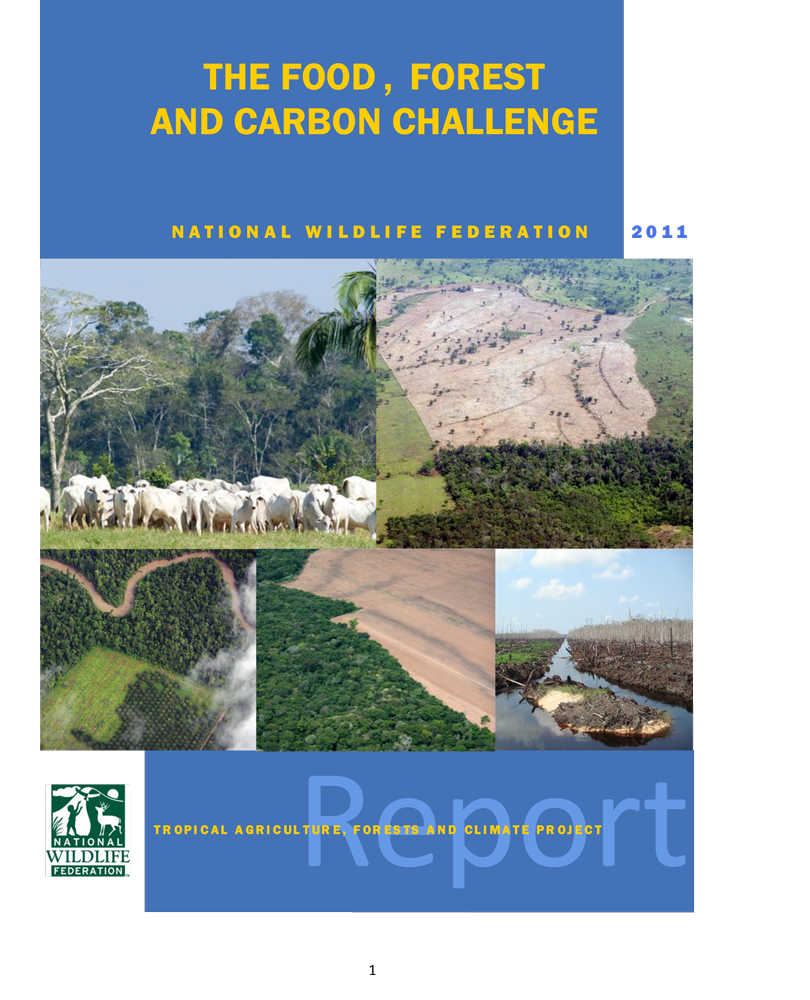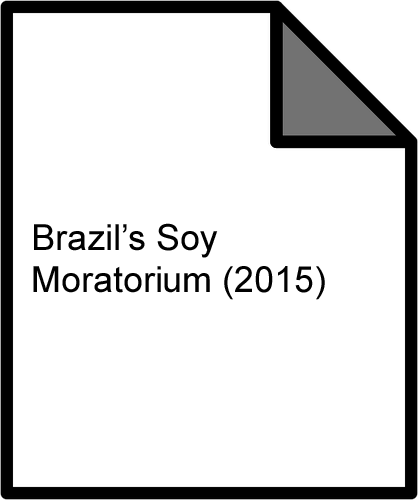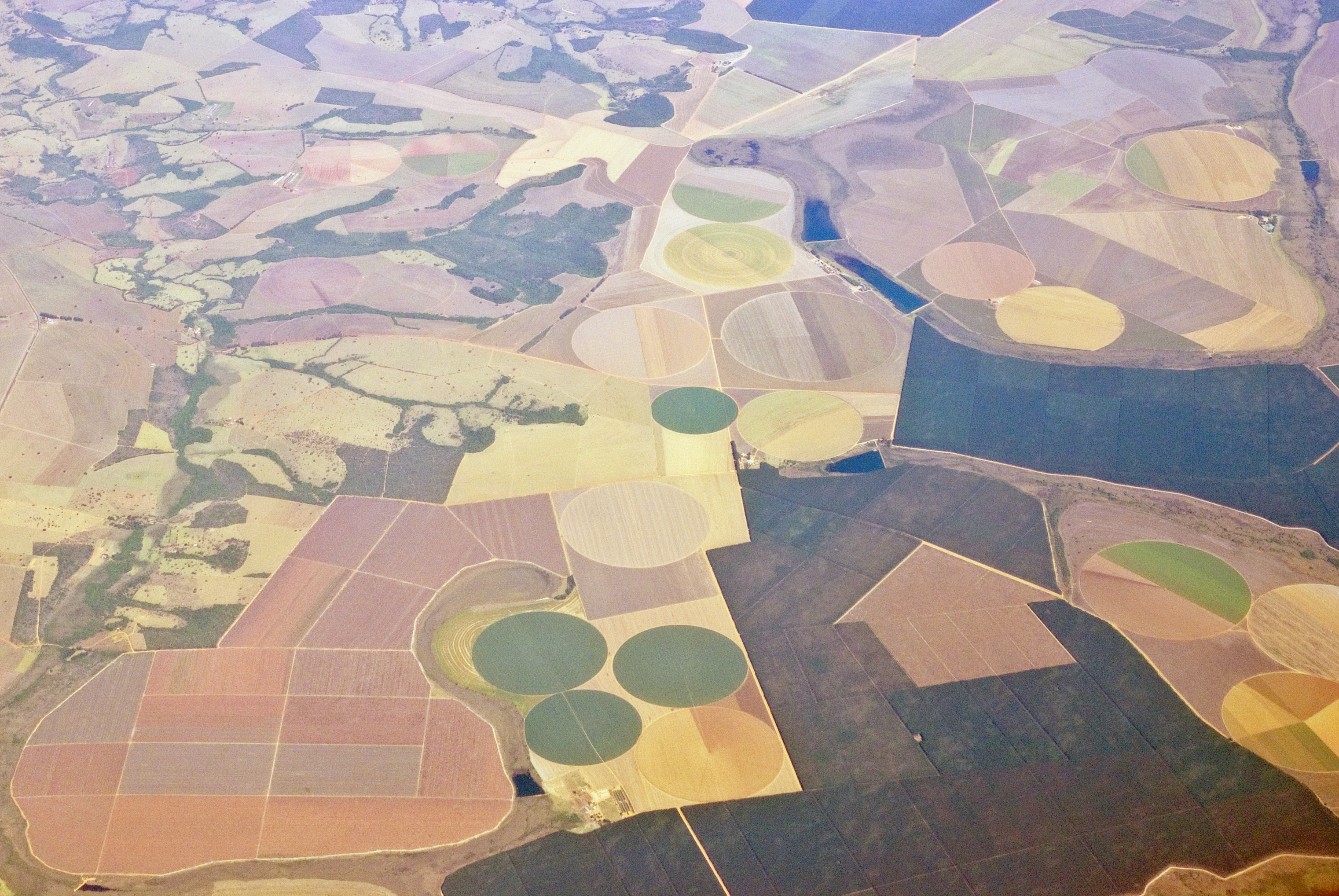The expansion of soy production in tropical regions is one of the leading drivers of deforestation and habitat loss, especially in Brazil, Argentina and Paraguay, which collectively account for about half of both global production and trade.
In South America, millions of hectares of tropical forests have been cleared to make way for soy. NWF works to advance deforestation-free soy production and trade, and also works to support and strengthen voluntary initiatives, such as the Amazon Soy Moratorium.
The Issue
Over the past several decades, soy production has expanded rapidly across South America. This expansion has driven large scale deforestation in the Brazilian Amazon and Cerrado biomes as well as the Gran Chaco in Argentina and Paraguay.
Soy is nutrient dense, rich in protein and fast growing, which has made it a key component in global food production and one of the most widely traded agricultural commodities in the world. Soy can be found in a wide range of food and non-food products, including tofu, margarine, salad dressing and edible oils as well as cosmetics, soaps, and transport fuels. While there are many different uses, the majority of the world’s soy is used as livestock feed for poultry, swine, and cattle.
Demand for soy and soy-based products is expected to continue to grow, especially as rising incomes in developing countries leads to increased consumption. This will likely further increase pressures on forests in Brazil, Argentina, Paraguay, and elsewhere.
What We Do
The National Wildlife Federation’s International Wildlife Conservation program promotes zero deforestation supply chains for soy, using pragmatic solutions that support forest conservation.
- We collaborate with leading researchers and academics to assess the effectiveness of voluntary initiatives, such as the Amazon Soy Moratorium in Brazil.
- We work with global soy traders to support the development and implementation of zero deforestation commitments.
- We advise industry groups, such as the Consumer Goods Forum (CGF) on ways their purchase requirements can support zero deforestation soy.
- We organize workshops and publish reports to help educate the suppliers and purchasers all along the value chain.
Relevant Publications
- Date
- 01/01/2015
This report focuses on financial incentives and investment opportunities to support best management practices, moderate intensification and deforestation-free production. Read it now: Investing in Smart Production, […]- Date
- 12/01/2011
This report explores several directions for policymakers, private companies and multi-stakeholder “commodity roundtables” that if implemented today, would help the world address climate and food challenges […]- Date
- 01/22/2015
This paper shows that the Soy Moratorium has dramatically reduced the amount of deforestation linked to soy production in the Brazilian Amazon, protecting valuable rainforest and […]- Date
- 09/28/2014
This paper shows that more systematic evaluation could boost the effectiveness of instruments and enhance synergistic interaction with traditional public land-use policy instruments to achieve incremental […]
Join now: wildlife needs your help!
Sign up to receive information on the simple actions you can take, along with tips and tools you can use, to demonstrate to global companies that you care about wildlife.





